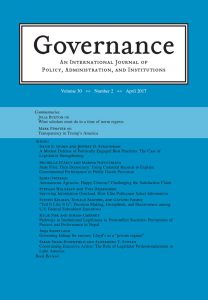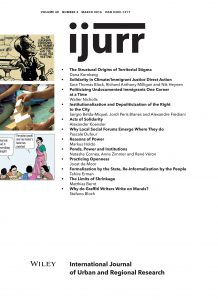Are We All Expert Impostors?
In a previous post (which can be found here), I mentioned the ‘impostor phenomenon’ and how I and many people I know who work in academia have experienced it in some form or another during their career. The ‘imposter syndrome’ (identified by Clance & Imes, 1978, pp. 1-2), the feeling that leads the self-declared impostors to believe that they are not intelligent and that anyone who thinks otherwise has simply been fooled, is usually accompanied by a fear that one...






